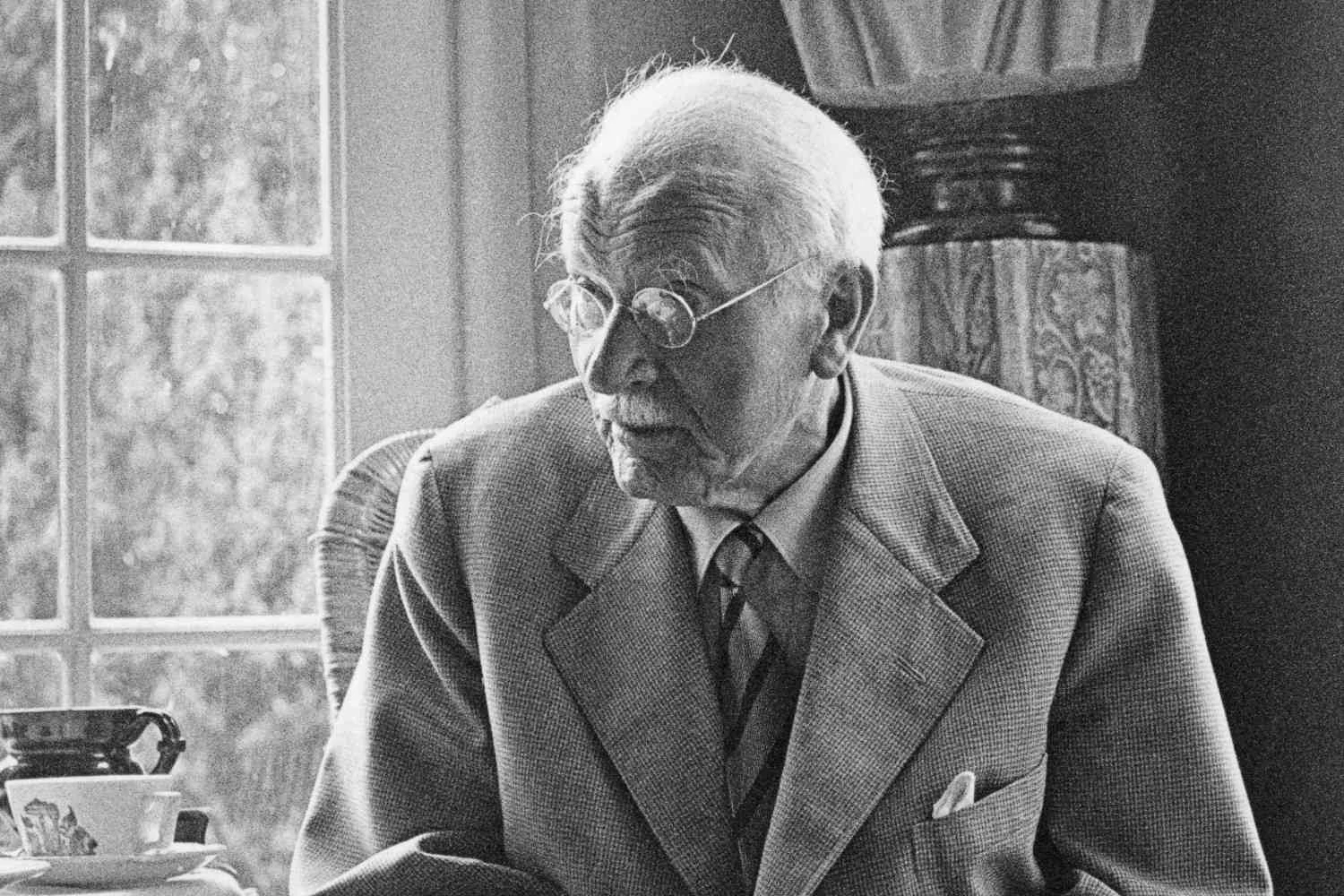
Exploring the Depths of the Human Psyche: The Life and Legacy of Carl Jung
4 min read
Carl Gustav Jung, a pioneering Swiss psychiatrist and psychoanalyst, left an indelible mark on the field of psychology. Born on July 26, 1875, in Kesswil, Switzerland, Jung’s work delved deep into the human psyche, exploring the realms of the unconscious mind, dreams, and archetypes. His theories and concepts continue to influence modern psychology, therapy, and even popular culture. This blog post aims to trace the fascinating journey of Carl Jung, from his early life to his lasting legacy.

Early Life and Education
Carl Jung was born into a family with a strong academic background. His father, Paul Jung, was a pastor, and his mother, Emilie Preiswerk, came from a family with a history of mental illness, which profoundly influenced Jung’s interest in the human mind. Despite a somewhat lonely and introspective childhood, Jung’s curiosity and intelligence shone through. He initially pursued a career in medicine, enrolling at the University of Basel in 1895, where he was particularly drawn to psychiatry.
Career Beginnings and Collaboration with Freud
After completing his medical degree in 1900, Jung began working at the Burghölzli Psychiatric Hospital in Zurich, under the guidance of Eugen Bleuler. It was here that Jung’s interest in the unconscious mind and psychological disorders flourished. He developed the Word Association Test, a tool used to explore the subconscious, which brought him to the attention of Sigmund Freud.
In 1907, Jung met Freud in Vienna, and the two quickly formed a close professional and personal bond. They collaborated extensively, with Jung initially supporting many of Freud’s ideas. However, significant theoretical differences soon emerged, particularly regarding the nature of the unconscious mind. While Freud emphasized sexual drives as the primary motivator of human behavior, Jung proposed a more complex structure, incorporating the collective unconscious and archetypes.
The Break with Freud and Development of Analytical Psychology
The divergence between Jung and Freud culminated in a formal break in 1913, after which Jung embarked on his own intellectual journey. He developed Analytical Psychology, a school of thought that emphasized the exploration of the unconscious through symbols, myths, and archetypes. Jung introduced several groundbreaking concepts, including:
- The Collective Unconscious: A universal layer of the unconscious mind shared by all humans, containing archetypes, or universal symbols and themes found across cultures.
- Archetypes: Innate, universal prototypes for ideas and behaviors, such as the Hero, the Mother, the Shadow, and the Self.
- Individuation: The process of integrating different aspects of the psyche to achieve personal wholeness and self-realization.
Contributions to Various Fields
Jung’s influence extended beyond psychology. His exploration of myths, religion, and art highlighted the deep connections between the human psyche and cultural expressions. He collaborated with renowned physicist Wolfgang Pauli, blending psychology with quantum mechanics in the concept of synchronicity—meaningful coincidences that cannot be explained by cause and effect alone.
Jung’s work also inspired the development of the Myers-Briggs Type Indicator (MBTI), a popular personality assessment tool based on his theory of psychological types. His ideas have been applied in diverse fields, from literature and film analysis to organizational development and therapy.
Later Life and Legacy
Carl Jung continued to write, lecture, and conduct research until his death on June 6, 1961. His later works, such as "Memories, Dreams, Reflections," offer deep insights into his personal experiences and thoughts. Despite facing criticism from some contemporaries for his mystical and abstract concepts, Jung’s ideas have gained significant recognition and respect over time.
Today, Jungian psychology remains a vital part of therapeutic practices and academic research. His concepts of the collective unconscious, archetypes, and individuation continue to resonate with those seeking to understand the deeper layers of the human experience. Carl Jung’s legacy endures, inspiring new generations to explore the mysteries of the mind and the rich tapestry of the unconscious.
In conclusion, Carl Jung’s journey from a curious young boy in Switzerland to a towering figure in psychology is a testament to his profound insights and unwavering dedication. His work invites us to look beyond the surface, to delve into the depths of our psyche, and to embrace the complexity of the human soul.
Sources
- Jung, C. G. (1961). Memories, Dreams, Reflections. Recorded and edited by Aniela Jaffé.
- Jung, C. G. (1928). Psychological Types. Princeton University Press.
- McGuire, William & Hull, R.F.C. (Eds.). The Collected Works of C.G. Jung. Princeton University Press.